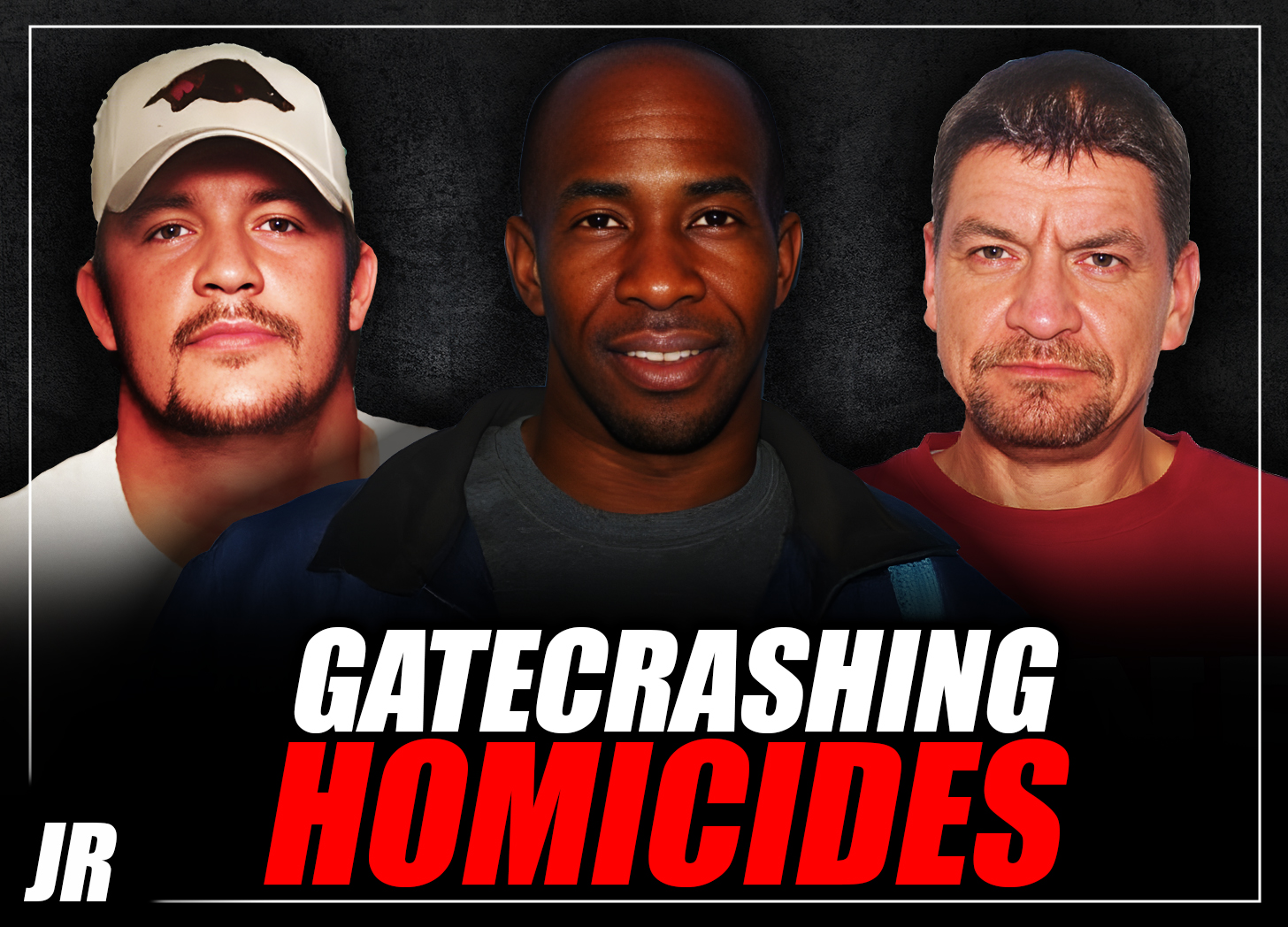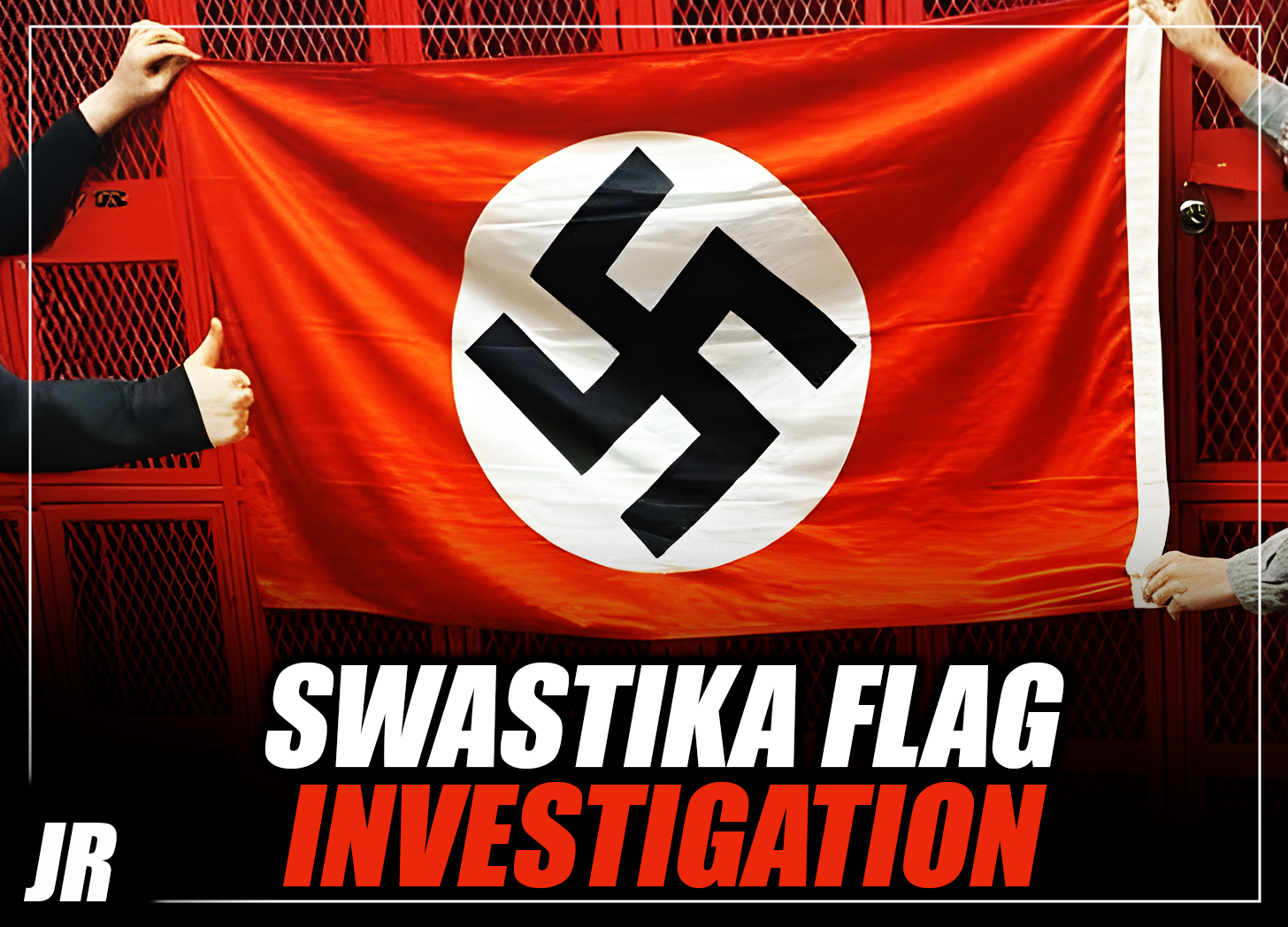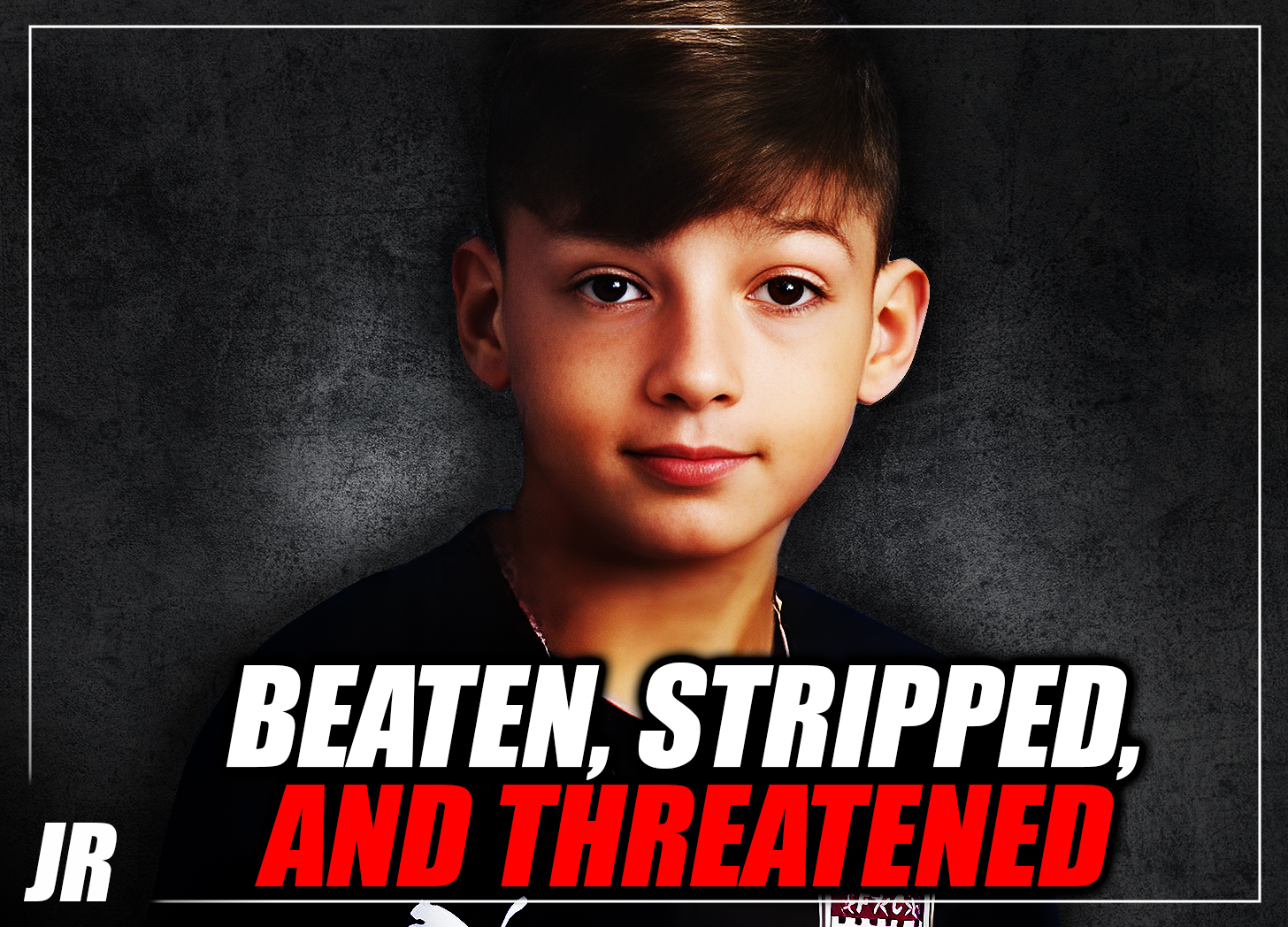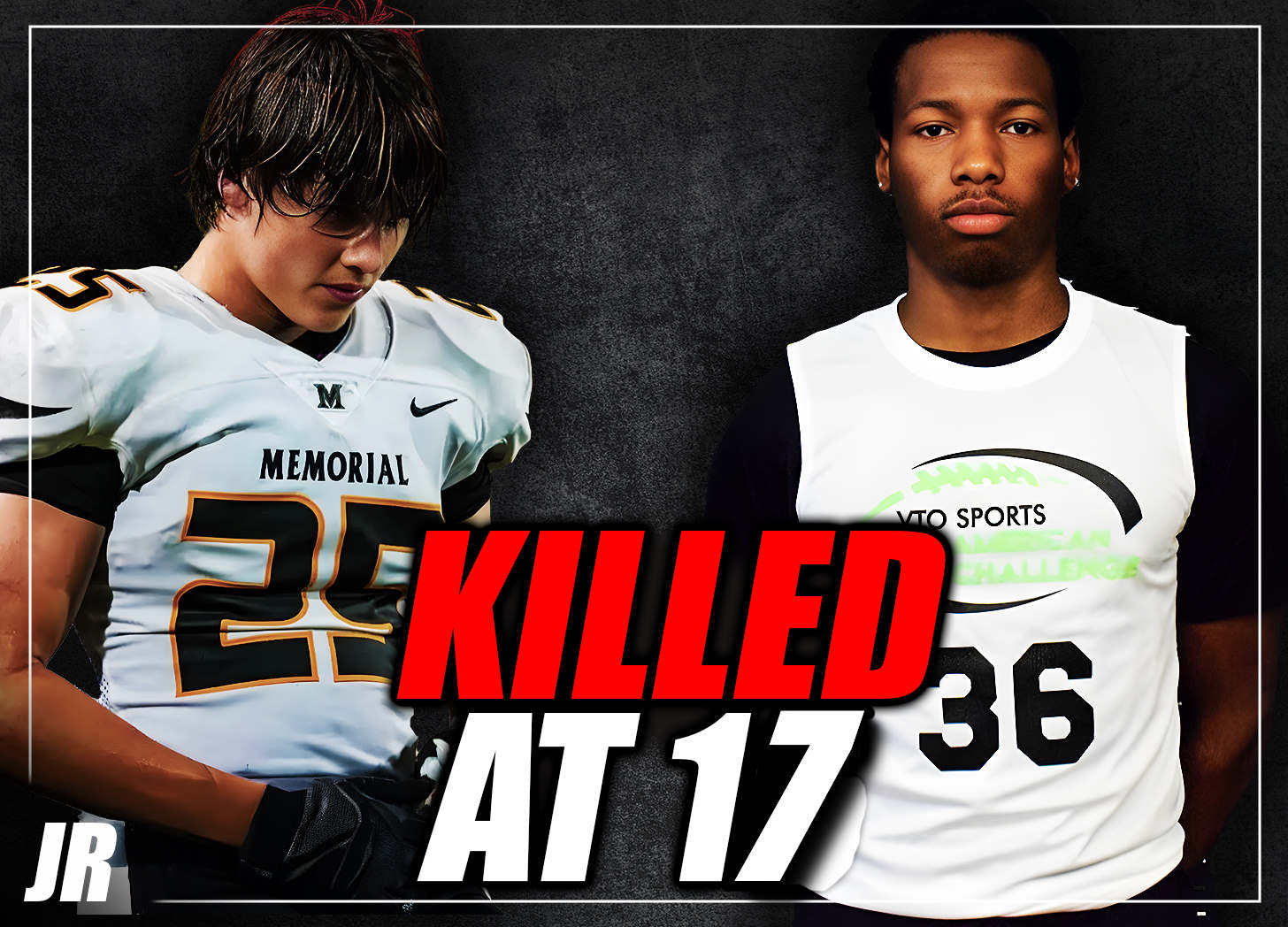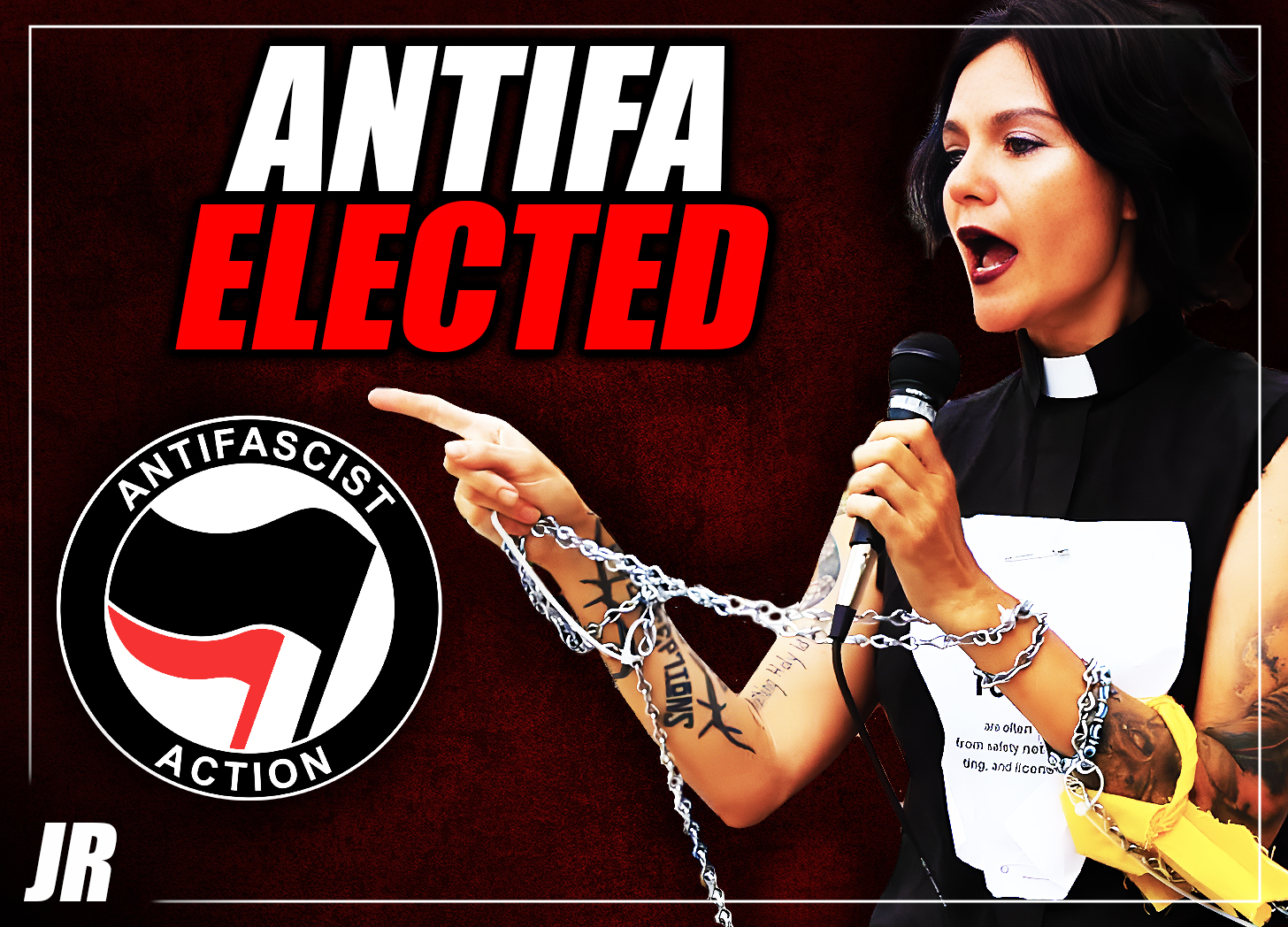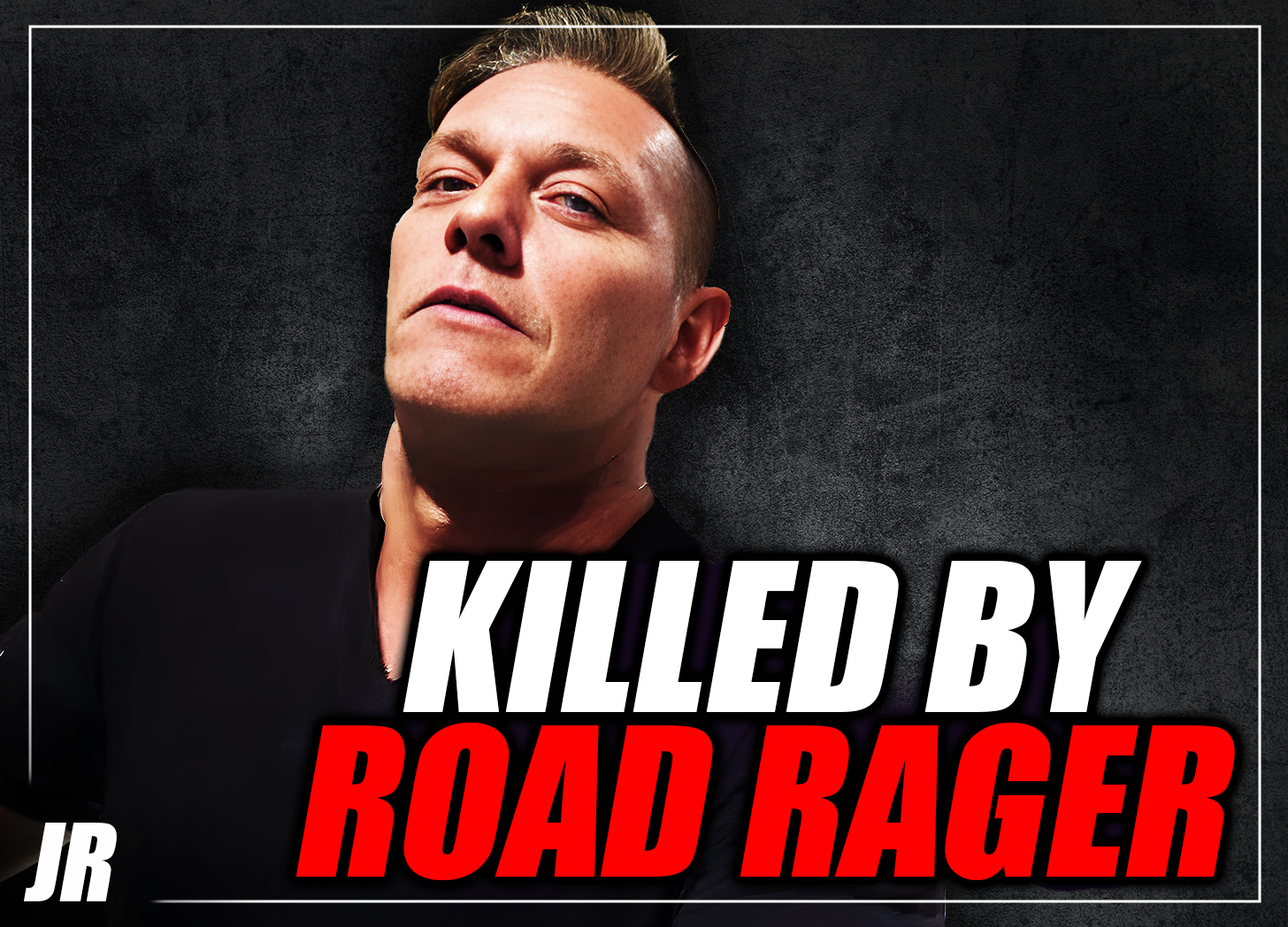Fargo, North Dakota – The appeal hearing for 24-year-old Arthur Kollie, the Black murderer who was convicted for the brutal stabbing death of White teenager, Jupiter Paulsen, began this week. Lawyers for the appellant (Kolle) have alleged that the original trial was “unfair” due to improper jury instructions, incorrectly admitted evidence, charges that create a case of double jeopardy, and various “structural errors” with the prosecution.
The hearing took place on April 24th at the North Dakota Supreme Court presided by Judge John C. Irby. At the time of publication, only one news outlet—The Fargo Forum—covered the story but has placed their reporting behind a paywall subscription. In a continuing trend, the Forum’s reporting appears to obfuscate the nature of the trial, conceal the efforts of Pro-White advocacy behind the case, and downplays the anti-White political context in Fargo which preceded the attack.
The court documents below detail the findings discussed in this article.
The Defense’s Oral Argument for Appeal
The State’s Oral Argument to Deny Appeal

The popular opinion from those in the community is that the murder was ultimately a case of stochastic terrorism, resulting from the behavior and anti-White values of the City Commission, combined with unfettered, open immigration policies that brought a man like Kollie to Fargo in the first place. In the wake of the fiery 2020 summer of racial reckoning, and several weeks prior to Jupiter’s murder, the City Commission platformed a man dressed as a woman to racially denigrate White people and refer to them as “White trash” while offering no apology.
The shocking decision by the city to withhold an apology to Fargo’s White community comes in the wake of seemingly hypocritical instances of formal apologies that were made to both the transexual and Black communities of Fargo, respectively, in regards to “structural change” to combat racism.
While Kollie’s defense went all out in attacking procedural issues as the basis of his appeal, interestingly enough, no appeals were made regarding racial bias or Kollie’s own mental health. The news comes as a surprise considering the City Commissions’ prior assertions of structural racism. Kollie himself admitted during an interview with a local activist that he had not been the victim of any racism while incarcerated and responded coherently to questioning. While speculative, the decision to forgo a strategy of playing into racial bias as an appealable issue may have been due to consistent investigative reporting and attention from Pro-White advocacy groups.

The soft-pedaling of charges and misrepresentation of the truth landed the prosecution in
hot water during the trial. In an overt effort to hide the racial aspect of the murder and a hesitance to apply the proper charges at the get-go, the prosecution opened itself up to a potentially successful appeal by the defense in regard to the charges filed and proceedings.
“Mr. Kollie’s right to a public trial was violated when portions of the case were conducted off the record and outside the hearing of the public,” read the defense’s argument for appeal. “Improper jury instructions combining two alternative charges resulted in an obvious error of a non unanimous verdict requiring reversal of Mr. Kollie’s murder conviction. Double jeopardy precludes the conviction of both Count 1 and 3 and the district court erred in denying the Defendant’s motion to vacate. Finally, the district court allowed direct evidence to be presented based on character for the purpose of arousing
sympathy or prejudice denying Mr. Kollie a right to a fair trial.”
During the trial, the prosecution put forth an unsubstantiated claim that Kollie’s true motive for murdering Jupiter Paulsen was merely a robbery gone awry to “fuel a meth addiction.” The defense, rightfully, called into question the culpability of Kollie’s actions and argued the jury was given improper instructions. Kollie’s defense argued there couldn’t have been a unanimous jury given that half of the jury could have thought Kollie did it because he was on meth while the other half would have thought he did it willfully, and so, the jury was therefore not given proper instruction to distinguish the two.
A judge for the state of North Dakota could be heard saying during the appeals process that, if this was true, it would be a sign of obvious error.

The prosecution couldn’t say it wasn’t offered a chance to capitalize on the racial angle of the crime, however. During the proceedings, Paulsen’s father, Robert Paulsen—with support from local Pro-White advocacy groups—filed a municipal hate crime and bias charge against Kollie. In the document, it states exactly why Kollie’s motive couldn’t have been a botched robbery, considering the attack on Jupiter lasted almost 30 minutes, and was part of a pattern of behavior. The local media never reported on the hate crime report’s content, but they did mention that Robert pleaded with the prosecution to “do the right thing.”
“Naumann said having the case labeled a hate crime by city ordinance would be an enhancement, but prosecutors are seeking a penalty that is “as high as we can get, and we don’t have the death penalty in North Dakota.”
Fargo Forum
If reports could be believed, then the case could have been tried as a hate crime, but because it didn’t enhance the penalty, and because the prosecution was hesitant to advocate on behalf of a White victim on racial grounds, they instead applied an aggravated robbery charge. Ultimately, a charge of terrorism or a hate crime enhancement would have helped achieve proper justice for not just the family, but the entire community. The amount of confusion that was generated regarding Kollie’s actual motive ultimately led some to believe there was some sort of conspiracy during the trial which may assist in Kollie receiving an appeals process.
Another argument the defense made for appeal was regarding the audio quality of sidebar conversations taken during the proceedings. Many, if not all of these conversations, ended up being barely audible. This led to accusations by the defense that anything could have been said during those sidebars, including threats of intimidation, and even conspiracy.

During arguments, the prosecution appeared to agree with the defenses claims of poor audio, but while the lack of record may look suspicious, no technical rule of procedure had been broken. He capitulated that the courts could use some progress in this regard granting the defense’s premise. Given Kollie’s defense lawyer, Baumann, was also present during the sidebars, the conspiracy that was alluded to must be all-encompassing.
The last appeal regarded a TikTok video Jupiter had made which was introduced right before jury deliberations. During a point towards the end of the trial, attorney Youngren proceeded to call Jupiter’s parents, Antonia Johnson, and Robert Paulsen, as witnesses. Youngren played the TikTok video of Jupiter that she uploaded weeks before the attack. The video showed Jupiter telling people to have a good day and to be themselves.
Youngren states this was done to humanize Jupiter in front of the jury as all they had seen of her up to that point was a grainy 30-minute video of her being attacked, as well as a barely recognizable picture of her in a hospital bed. Youngren argued under the “Marcey’s law”—a victim’s rights law—that showing Jupiter’s video and testimony from her parents upheld the dignity of the victims.

This was done to counter an assertion by the defense that Jupiter’s murder could be perceived as a drug deal gone wrong, or, as some had alluded, that Jupiter was somehow involved with the central American gang, MS-13. The video and testimony from the parents were made to portray Jupiter as a healthy, normal, teenage girl with no history of drug use or criminality.
The defense alleged that showing a video like this right before jury deliberation is a highly unusual ploy. That family testimony is normally saved for sentencing so as to not prejudice the jury. Youngren argued that Kollie’s sister had testified on behalf of Kollie’s character during the trial, but again, the sidebar that inevitably allowed for the prosecution to reopen the case was suspiciously not recorded.
The next hearing is set for Tuesday, May 2nd. We will continue to bring you updates in this case as they become available.
Have a story? Please forward any tips or leads to the editors at [email protected]
















